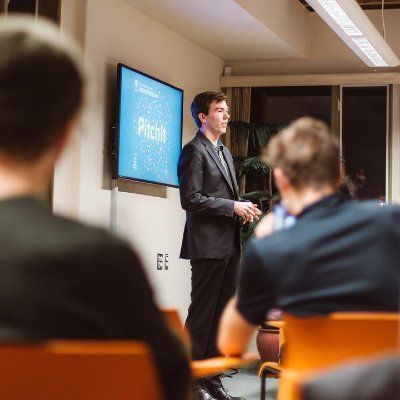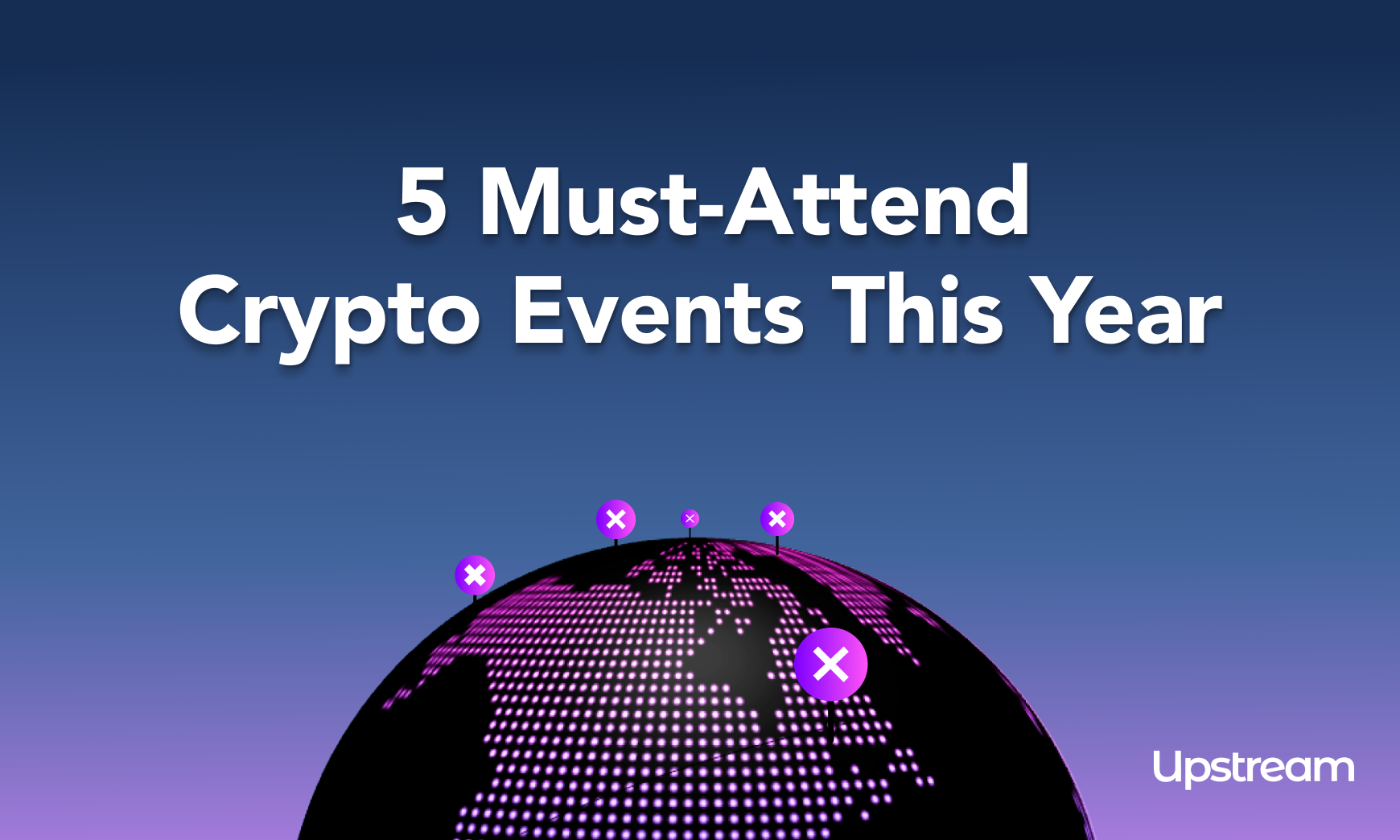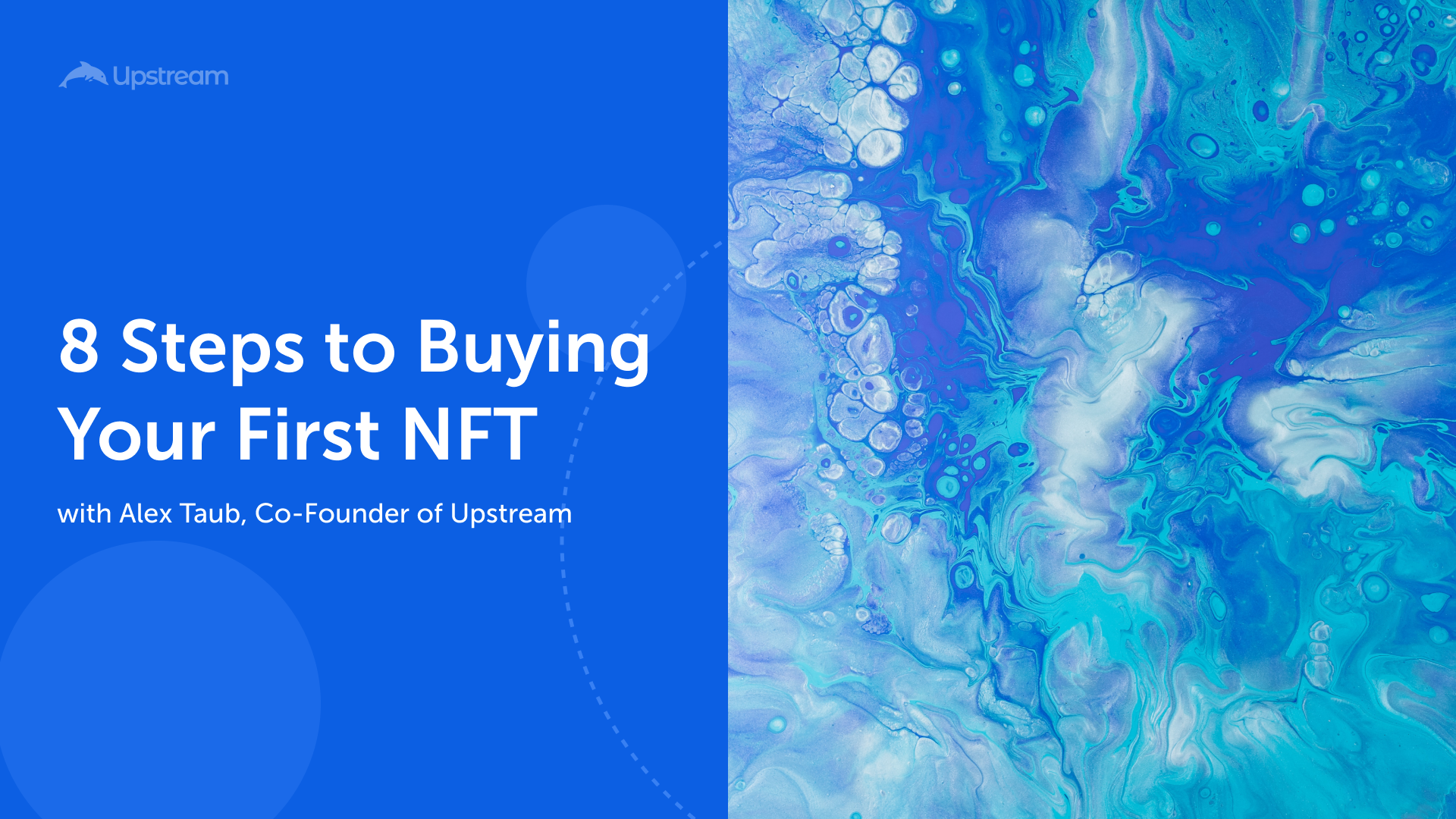
What are the Benefits of a DAO? (Decentralized Autonomous Organization)
A DAO (decentralized autonomous organization) is an internet community with a shared crypto bank account. Here are their main benefits.
A DAO (decentralized autonomous organization) is an internet community with a shared crypto bank account.
Their uses can range from a group of friends interested in buying NFTs to a DeFi (decentralized finance) exchange to a crowdfunding campaign with thousands of backers and more. Many are still figuring out what is possible with a DAO, what to use them for, and what the benefits of them are.
A DAO combines the benefits of crypto, such as aligned incentives and transparency, with the power of community. This combination creates unique benefits compared to other crypto products or traditional organizations. Communities can benefit by leveraging DAOs to make themselves stronger and have a larger impact on the world.
In this post, we'll walk through several of the major benefits of DAOs.

Benefit #1: Align Incentives
DAOs create new incentives that align members toward collective goals. By investing and having ownership in DAOs, members are motivated to grow the DAO and help it succeed in its goals. If the DAO structures incentives well, rewards are aligned with members’ work and support. They have collective ownership which means their actions can impact both themselves and the wider group.
Money is an important incentive for many people. For a long time, communities, especially internet communities, had a lot of difficulties dealing with money. DAOs use crypto to help solve these problems. With crypto, DAOs can raise and distribute money easier. With this, they can create incentives with money.
With money, DAOs can:
- Pay for, buy, and invest in products or services.
- Hire contractors, employees, managers, and contributors.
- Fund new internal tools, products, and goods.
- Fund external projects and proposals.
The DAO incentivizes and guides each of these to help reach the collective goals of its members.
For example, a DAO can create a fund to encourage proposals that help inform or build products for a certain protocol. This creates an incentive for members to strengthen the protocol. With clear criteria, this is better than letting members do whatever they want to promote a protocol. It helps them work on more difficult, but rewarding and important projects.
Money helps clarify goals. Compared to time or energy, people often feel they must have good reasons to spend money. They analyze their return on investment and figure out the value they are getting.
Finally, the rewards for success go to those who made it happen. An employee with no ownership is less incentivized to work towards the long-term success of an initiative than one who has ownership. The same applies to communities. By allowing collective ownership, DAOs create incentives to do good work over the long-term.

Benefit #2: Increase Engagement
DAOs give members actions to do, progress to work towards and rewards for doing it. By doing this, DAOs increase engagement within their community.
DAOs always have work to be done, whether it is acquiring members, raising funding, creating proposals, or carrying out decisions. Good DAOs incentivize the completion of this work. These incentives create engagement. More engaged members creates a better DAO. People are more able to be great contributors when they invest time and energy into a community. DAOs help make this happen.
Because DAOs are decentralized and community-driven, they can experiment rapidly. A group of members can create more ideas together than a lone member. Those ideas have a clear path to becoming reality through the proposal process. Ideally, the proposal process quickly lets good ideas and experiments happen. Members can propose ideas, get funding, and start taking action, which encourages creativity.
Because of the number of proposals and ongoing votes in DAOs, top contributors must continue to build context. Context is the information needed to understand and contribute to the community. If a member wants to maximize their investment in the community, they have to build and maintain the context of the community. This requires staying engaged.
Members are incentivized to engage with the collective because they benefit from it. They take actions that benefit themselves and the group. They create content, do research, build connections, and share more when they have the incentives to do so. Each of these creates opportunities for engagement between members.
When helping someone helps you (like it does in DAOs) you’re more likely to do it. For example, a proposal creates many opportunities for engagement. Members will talk about what should be proposed and why. They will potentially work together to create the proposal and convince members or delegates to vote for it. Finally, if the proposal passes, they will be engaged in seeing out the execution of the proposal.

Benefit #3: Increase Transparency
Instead of money going into a corporate bank account or a payment processor, the raising, storing and distributing of funds in a DAO is done on the blockchain. Members can see where funds are going, what is being spent, and the returns on those. They have a clear picture of what their investments are and how those investments are going. In traditional organizations or businesses, these details are often hidden.
Actions can’t be taken by members on a whim. A strong-willed individual cannot do whatever they want in a well-structured DAO. With distributed ownership, actions are considered by the entire group. Potential actions are discussed, debated, and decided upon through a majority vote.
Often, the votes on proposals are public. Everyone can see who voted for what, and that can shape future votes. It may inform who needs to be informed and what they need to be informed about. This transparency can help predict future votes as well. If a proposal to buy a new NFT fails, the group can engage with members who voted against or abstained. They can understand why these people didn’t want to vote for this proposal, and predict if the next proposal will be successful.
Once a community decides to take an action, they track its progress and see what work has been done. The record of the action and funding can become permanently stored on chain. This helps create better future decisions and helps future members judge the quality of the community. As a member, I can understand what investments are being made.
For example, an investor can look at the historical data of the DAO to understand where it is spending its money, who invested in the DAO, and what else they have invested in. They can judge the quality of the DAO and if they are going to do well in the future.

Benefit #4: Improve Structure
DAOs provide structure to that enable action in the community and collaboration among other members. Instead of sending a message and hoping that other members of the community will help you out, a member of a DAO can create a proposal and have the community vote.
By looking through a log of past proposals, members can understand the history of action in the community. Information isn’t lost in a black hole of a chat. What’s been done, what proposals have worked, and which haven't are all information that is available for people to see. The past successes and history shapes future work.
For example, a member of a traditional chat-based community wants to fund a piece of research for the community. They can repeatedly ask in the chat and DM moderators or owners. If they succeed in getting support, they next have to figure out how to pitch it to the community and get them to agree to it. This involves creating some sort of proposal and voting mechanism. Finally, they have to raise and distribute funds. All this would take individual products and services with high fees or subscriptions and a large amount of work. It would also go to waste if the process wasn’t used again.
A DAO on an all-in-one platform like Upstream provides all of this.
In addition to being a mechanism for turning ideas into potential actions, DAOs provide the structure for turning potential actions into real actions. The money they can raise and use is real. A DAO can quickly start, raise funds, and use those funds to buy something. DAOs create a structure for receiving funding that communities can’t.
Being decentralized also provides DAOs with security. If you cannot move funds without a vote, gaining access to one user’s wallet or account does not jeopardize the entire community and wallet. A governance mechanism prevents funds from being used in ways a community did not want. Each member’s personal security benefits the whole community.

Benefit #5 & Beyond: Constantly Discovering More Benefits
There are many benefits to communities that DAOs provide. They help align members towards a collective goal and keep them engaged. DAOs provide transparency into what is going on in the community. They also provide a structure to take action and reach a community’s collective goals.
The full extent of how DAOs can benefit communities, organizations, and the wider world is yet to be fully discovered. We are still early in the story of DAOs and we're collectively still figuring them out.
Understanding the full benefits of DAOs requires hands-on experience. Search for one that interests you, learn about it, and get involved.
If you run a community, DAOs provide access to benefits you may not currently have. The structure to manage funds and take action can increase the impact a community has on the world.
Upstream provides all the tools a community needs to take adavantage of the benefits of DAOs. Check us out here if that interests you.









